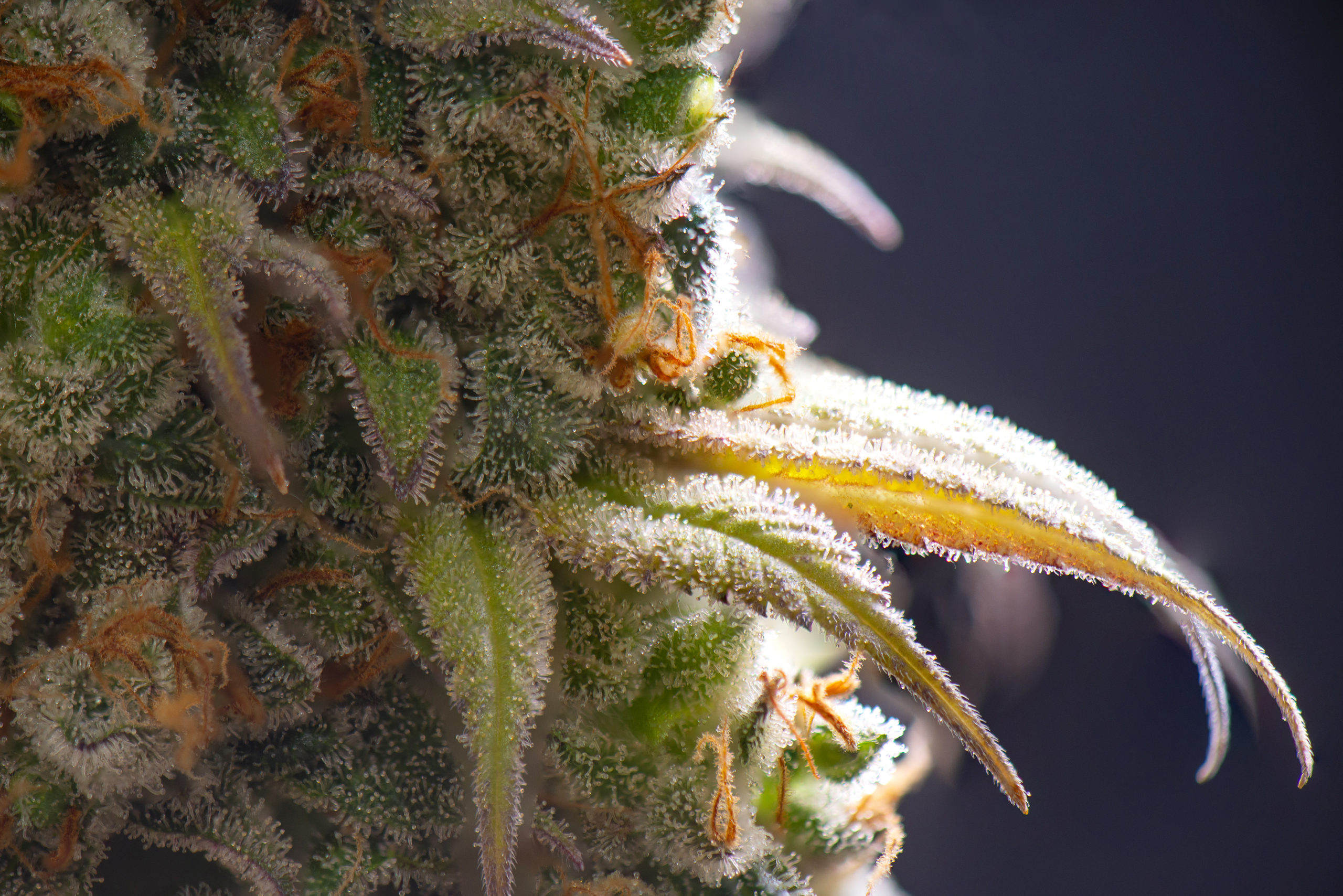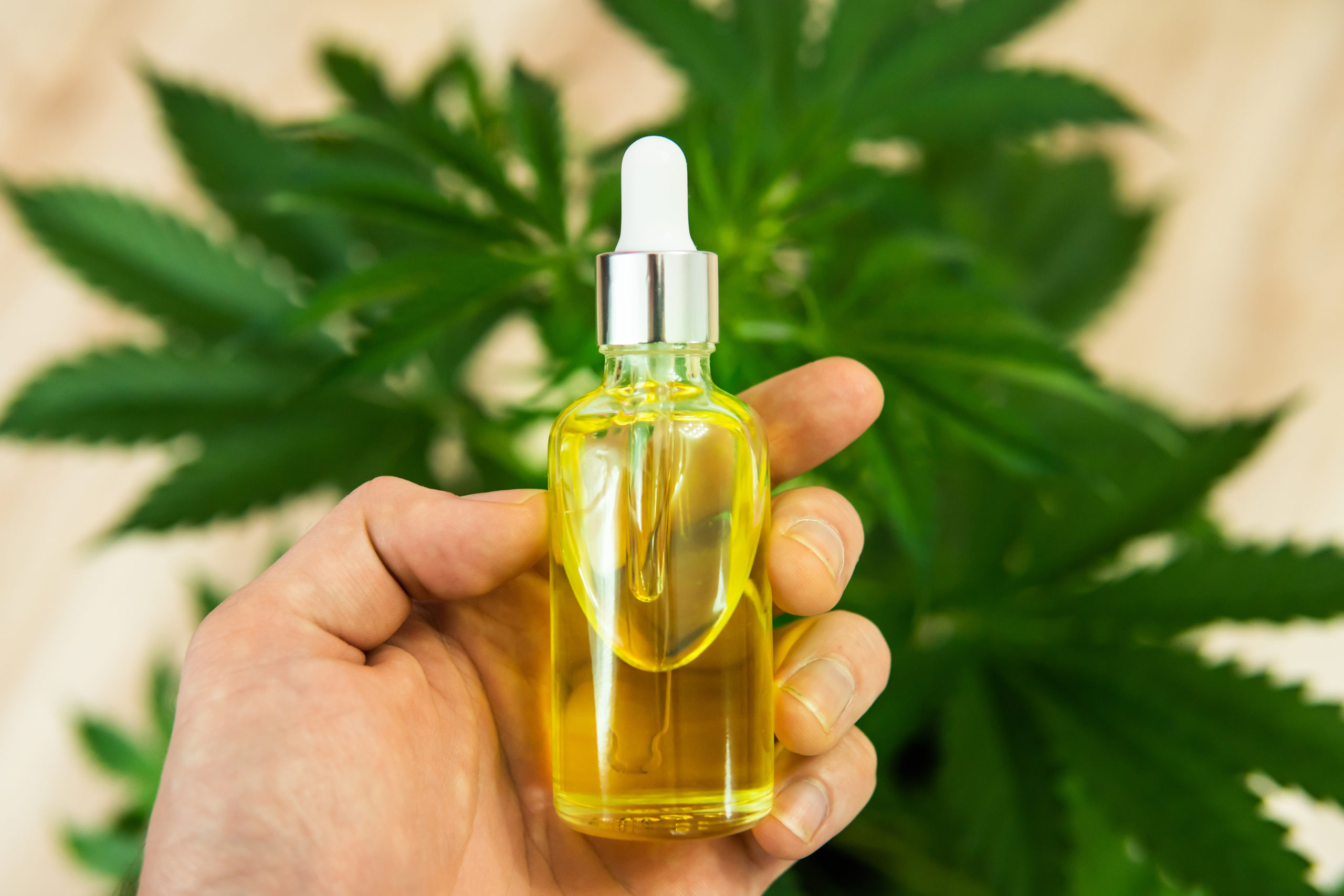-
- Market Research
- |
- CBD Near Me
- |
- Giveaways
- |
- Newsletter
- |
- Contact
- |
- Advertise
- |

Table of Contents
Oxidation is a toxic process with a high potential for harm, but cannabidiol (CBD) may prevent this damage because of its potent antioxidant properties. Oxidation is essentially an imbalance between free radicals in the body and antioxidants. Free radicals are naturally produced by cells as waste and antioxidants neutralize them. However, if free radicals become too abundant, they may contribute to the development of severe conditions, possibly including neurological diseases like Alzheimer’s and inflammatory disorders like arthritis. Thankfully, researchers find that CBD has substantial antioxidant benefits, making it a strong candidate for treating oxidative stress.
Table of Contents
- What is Oxidative Stress?
- What are Free Radicals?
- What are Antioxidants?
- CBD as an Antioxidant
- CBD’s Antioxidant Properties in Neurological Disorders
- CBD’s Antioxidant Properties in Inflammatory Disorders
- CBD May Treat Oxidative Stress
What is Oxidative Stress?
Oxidative stress is an imbalance between free radicals and antioxidants, resulting in a process called oxidation.
Oxidation may cause severe damage that may contribute to the development of arthritis, Alzheimer’s, Parkinson’s, cancer, or Crohn’s.
Oxidation in the body is the same process that causes rust and some food to brown when exposed to oxygen.
What are Free Radicals?
Free radicals are waste products from the energy created by cells.
Free radicals are also known as reactive oxygen species, which are molecules that contain oxygen and have at least one unpaired electron.
This unpaired electron makes free radicals reactive to other molecules.
The reaction involves the free radical stealing an electron from other molecules within a cell.
The new electron stabilizes the free radical stable while destabilizing molecules in the cell.
Thus, a chain of free radical reactions occur.
If the free radical chain reaction does not stop, oxidative stress may severely damage cells and tissue in the body, including DNA.
Common reactive oxygen species include superoxide, hydrogen peroxide, and hydroxyl oxide.
What are Antioxidants?
Antioxidants are the key to halting oxidative stress.
Antioxidants are molecules that prevent free radical reactions by stabilizing free radicals without becoming unstable themselves.
Potent antioxidants include Vitamins A, C, and E, beta-carotene, and cannabidiol (CBD).
CBD as an Antioxidant
The United States government holds a patent (No. 6630507) for the neuroprotective and antioxidant properties of cannabinoids.
The patent claims CBD has the potential to treat and prevent diseases caused by oxidative stress.
A 1998 study by the inventors of the U.S. government patent, including the patent’s primary author, Aidan J. Hampson, shows that CBD is neuroprotective by defending neurons from free radical-induced toxicity.
The researchers found that CBD prevented hydrogen peroxide-induced oxidative damage similarly to the potent antioxidant butylhydroxytoluene (BHT).
CBD was also more protective than Vitamin C and E in a test against glutamate neurotoxicity.
CBD’s Antioxidant Properties in Neurological Disorders
CBD has been shown to have antioxidant effects in neurological diseases such as Alzheimer’s, migraine, and epilepsy.
In each of these diseases, oxidative stress causes nerve damage and leads to glutamate neurotoxicity.
CBD prevents damage from oxidation by inhibiting the production of reactive oxygen species (free radicals) and the release of nitric oxide (NO), a free radical.
Also, by decreasing the level of free radicals in the body, glutamate returns to normal levels and nerves are protected.
CBD’s Antioxidant Properties in Inflammatory Disorders
Inflammatory diseases, like rheumatoid arthritis and Crohn’s disease, are also affected by oxidation.
In these disorders, lipid oxidation seems to play a significant role in oxidative damage.
Lipid oxidation is the destabilization of fat molecules by free radicals and has been linked to increased disease activity in both rheumatoid arthritis and Crohn’s.
In the case of inflammatory disorders, CBD protects lipids from oxidation by reducing the levels of reactive oxygen species.
Protecting lipids has been shown to help Crohn’s patients retain fat stores and may help prevent joint damage in arthritis patients.
CBD May Treat Oxidative Stress
Oxidative stress is an imbalance of free radicals and antioxidants in the body.
Excess free radicals may cause severe damage to the body, potentially contributing to the onset and progression of several conditions, including neurological diseases, cancer, and inflammatory disorders.
Antioxidants like CBD may help limit this damage and prevent further oxidation.
By inhibiting the production of reactive oxygen species (i.e., free radicals), CBD presents a viable option for treating oxidative stress.
Have you used CBD to treat any conditions associated with oxidation? If so, what were your results? Tell us about your experience in the comments below!
Disclaimer: The content on this site is for informational purposes only. We are not medical experts and nothing should be construed as medical advice. Be sure to speak with your physician before taking CBD or any other treatment.










